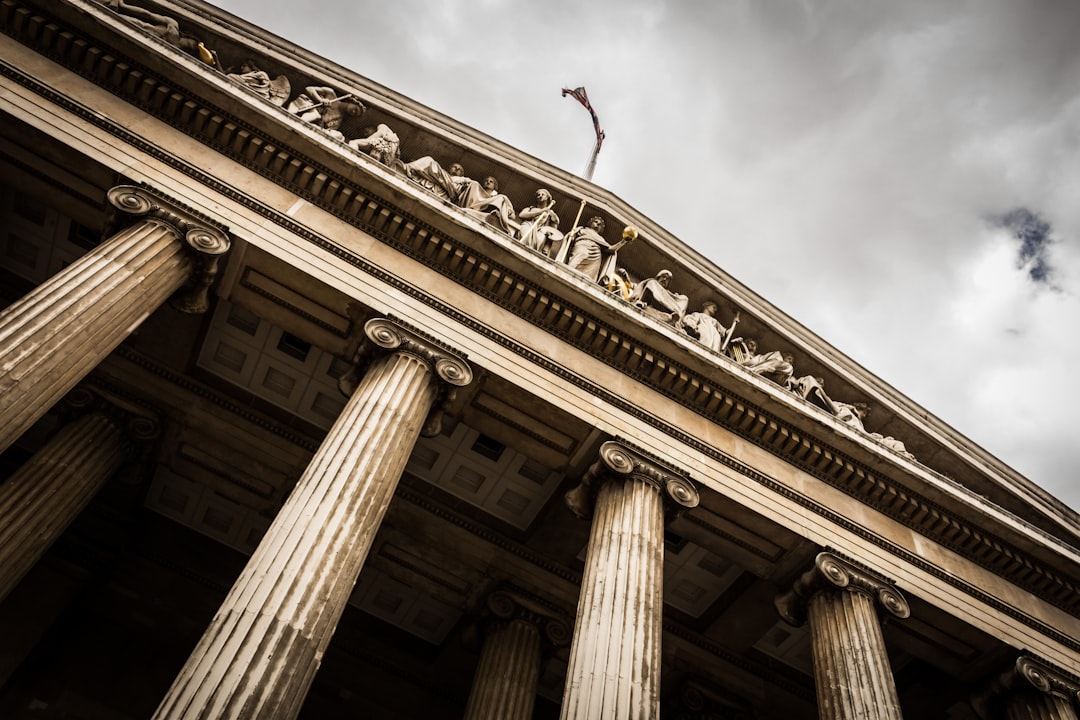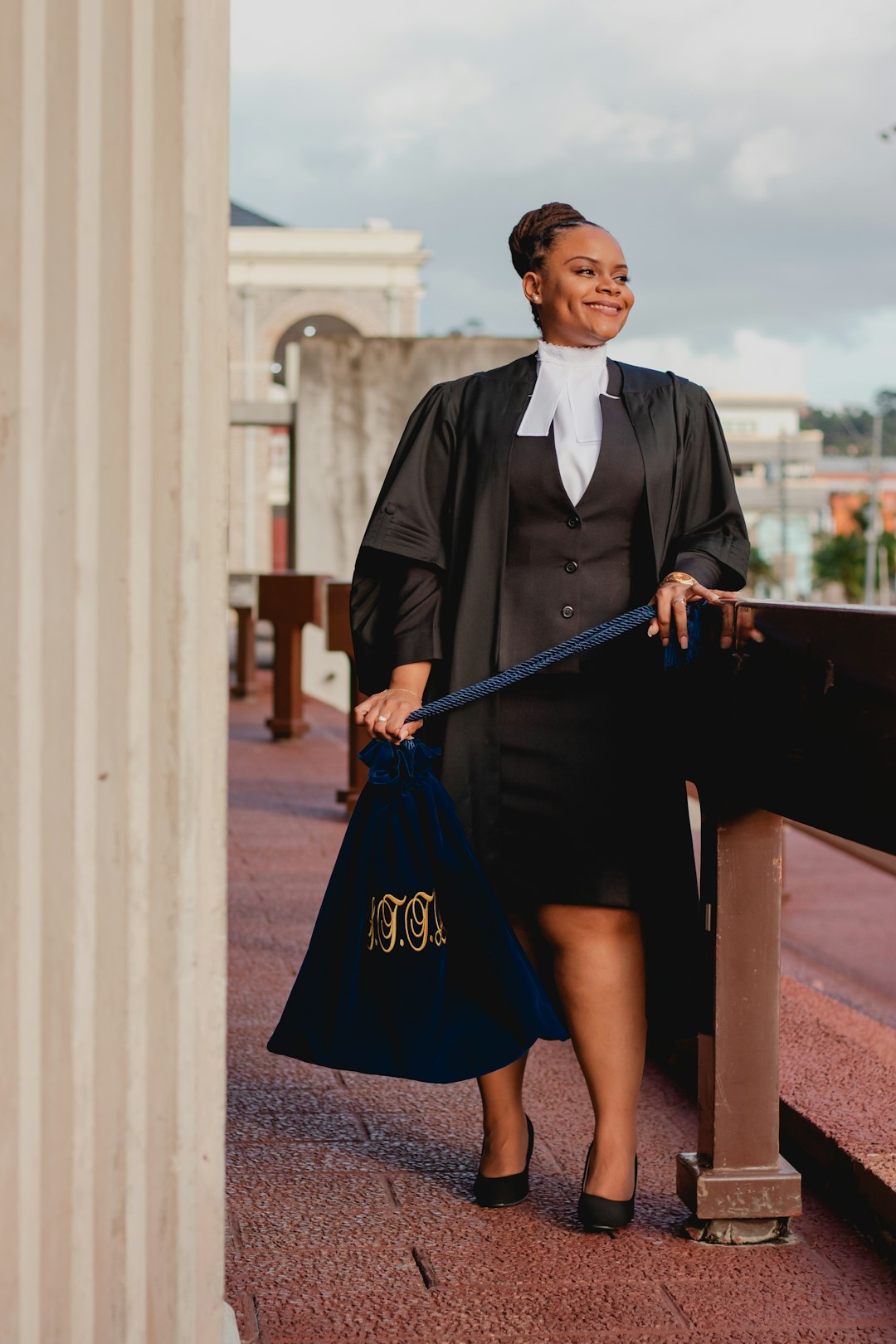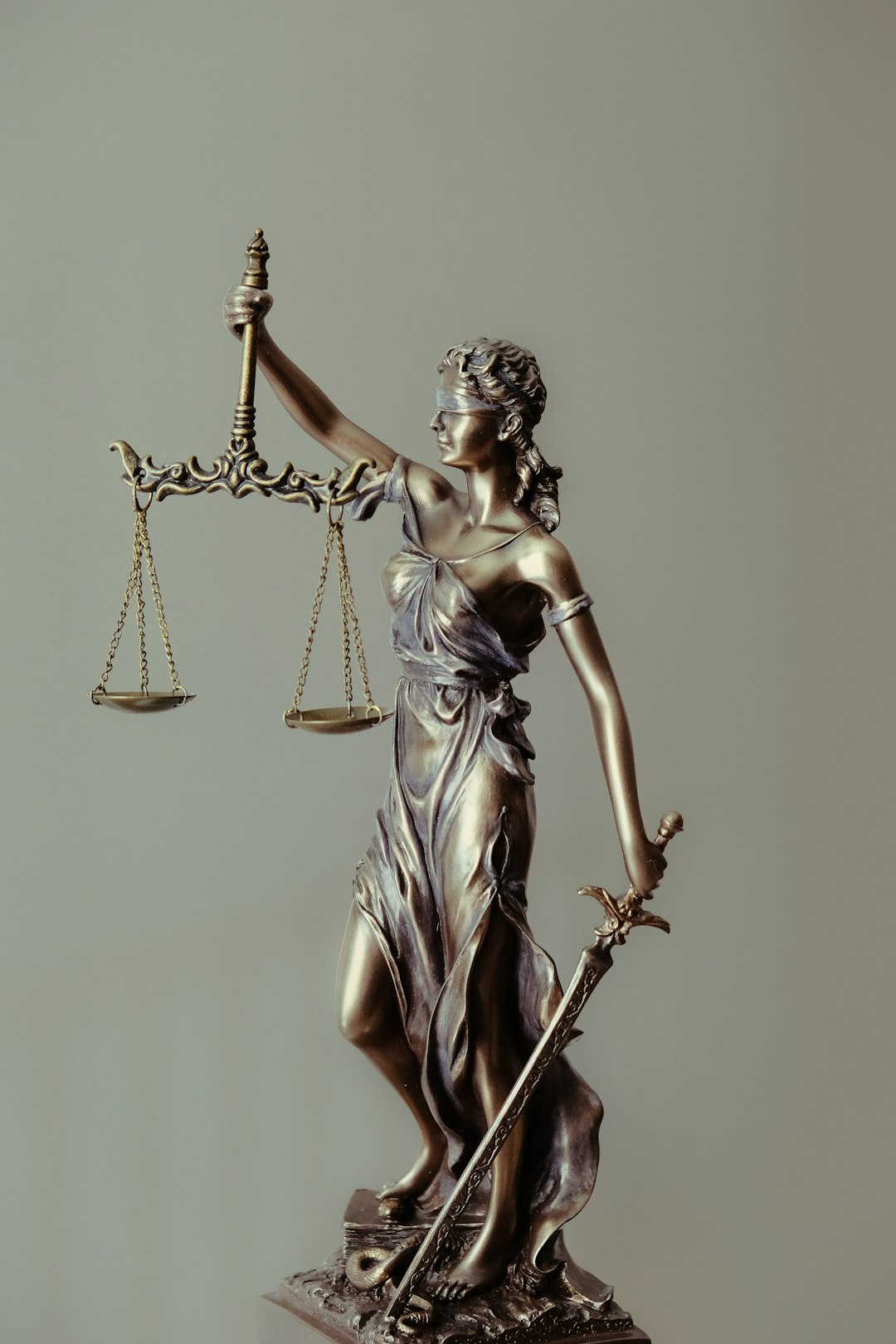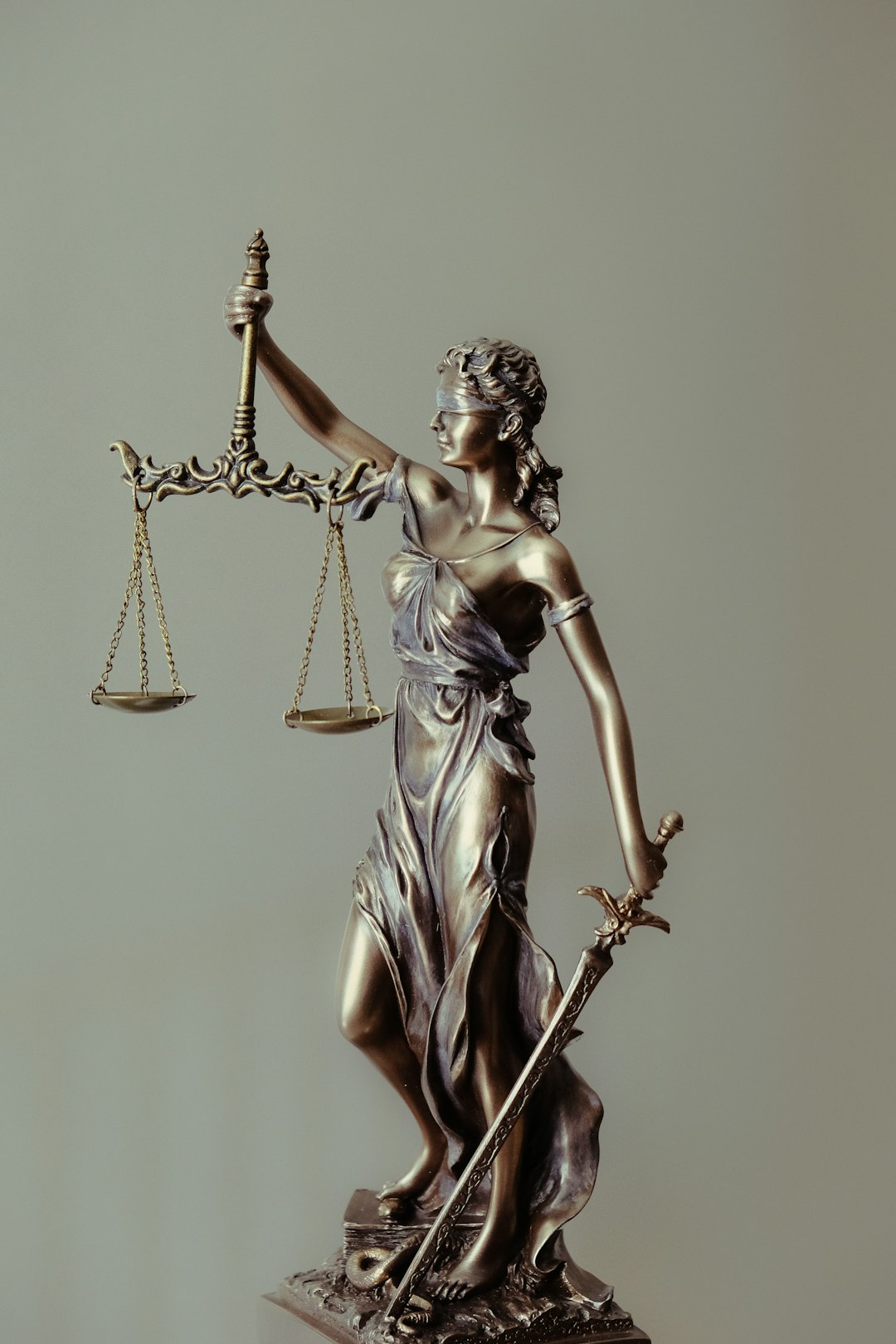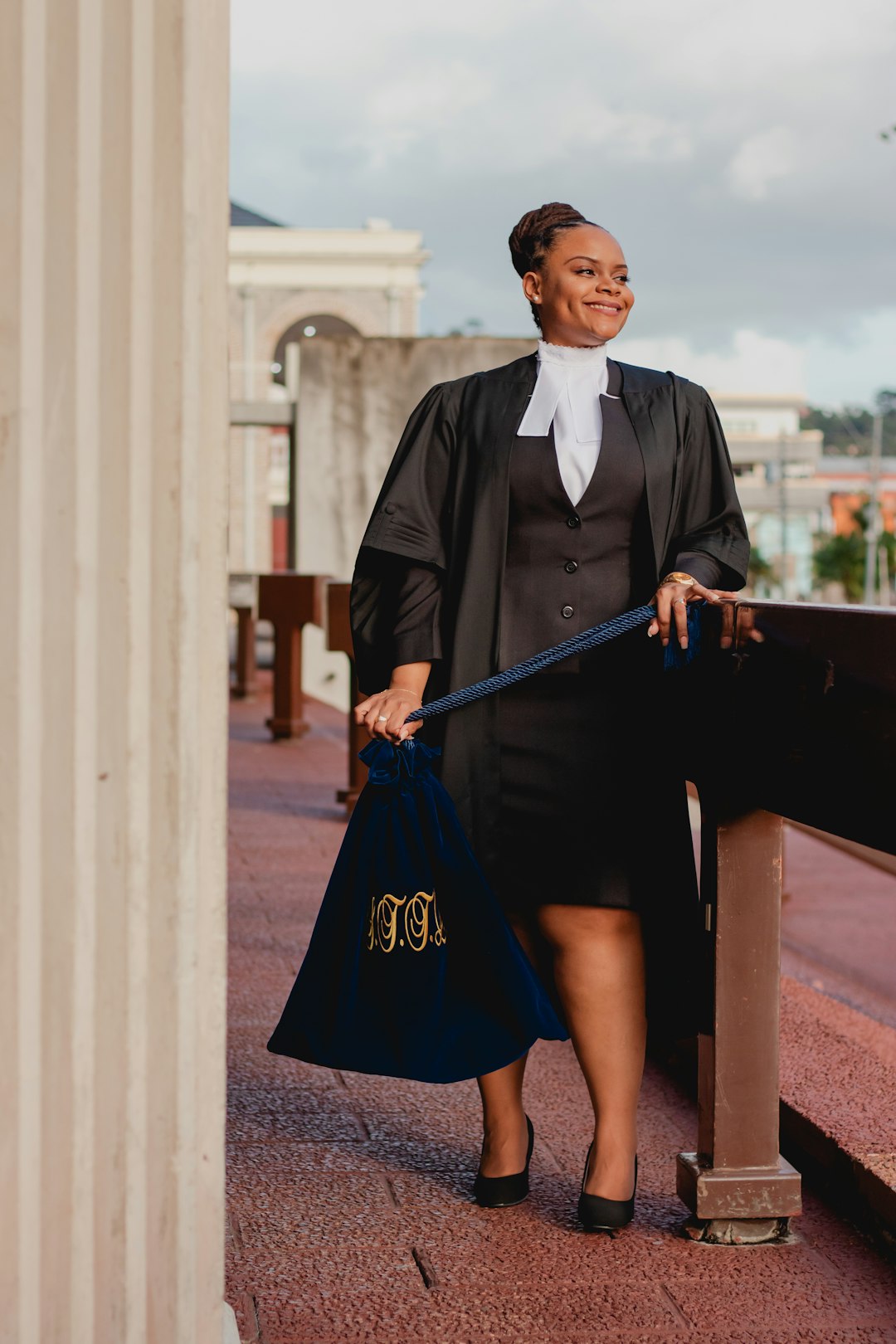Child sexual abuse (CSA) within sports is a critical issue in San Francisco, with approximately 1 in 10 children affected before age 18. Organizations must take proactive measures to prevent CSA by implementing robust strategies including background checks, strict codes of conduct, mandatory reporting, and educational workshops. California's laws, such as California Penal Code § 288, mandate stringent protections for victims, with sexual abuse attorneys playing a vital role in guiding them through legal processes. Sports organizations in San Francisco bear significant responsibility to protect young athletes by fostering open communication, maintaining records, adhering to legal requirements, and immediately reporting incidents. Sexual abuse attorneys ensure victims' rights are protected and perpetrators held accountable.
Child sexual abuse is a pervasive issue with severe consequences, and its occurrence within organized sports has garnered increasing attention. In San Francisco, as in many communities across the nation, ensuring the safety of young athletes from predatory behavior is paramount. This article delves into the legal landscape surrounding child sexual abuse in San Francisco’s sports arena, exploring the rights and protections afforded to victims and the crucial role of sexual abuse attorneys in holding perpetrators accountable. By examining current laws and strategies, we aim to provide valuable insights for parents, coaches, and advocates working to combat this heinous crime.
Understanding Child Sexual Abuse in San Francisco Sports
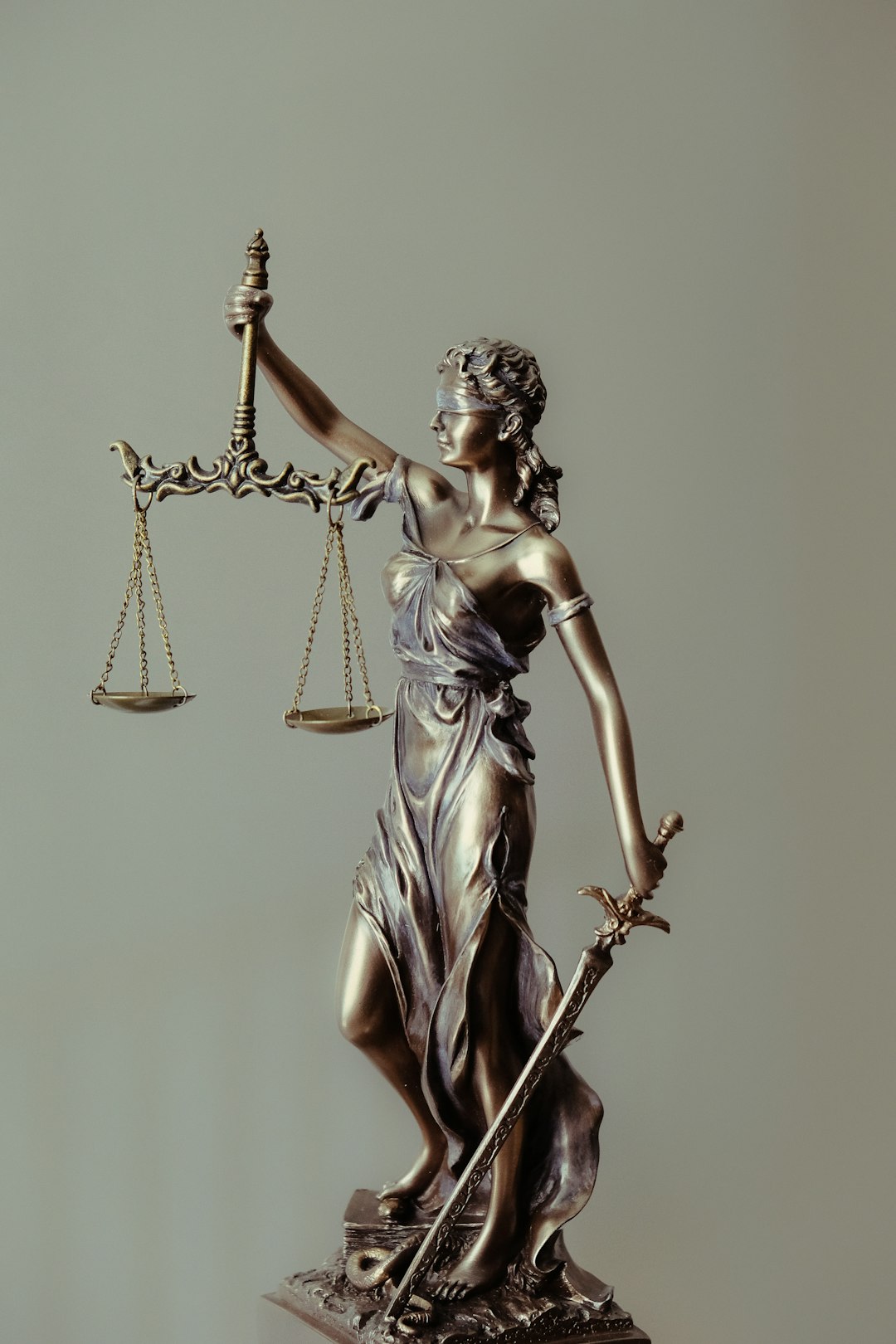
Child Sexual Abuse (CSA) within the sports sector is a grave concern that demands meticulous attention, especially in highly visible cities like San Francisco, California. This issue transcends racial, socioeconomic, and gender boundaries, making it critical for organizations to implement robust prevention strategies. According to recent studies, approximately 1 in 10 children will experience some form of sexual abuse before their 18th birthday, highlighting the need for proactive measures. In San Francisco, a city renowned for its athletic excellence, raising awareness about CSA and ensuring athlete safety is more than just a moral obligation; it’s a legal imperative.
The nature of competitive sports often involves close interactions between coaches, trainers, and young athletes, creating potential opportunities for abuse. Sexual abuse attorneys in San Francisco CA emphasize that recognizing the signs of CSA is crucial. This includes unusual behavior from both the victim and perpetrator, such as sudden changes in mood or performance, fear of certain individuals or locations, or unexplained gifts or money. It’s essential for coaches, parents, and support staff to be vigilant and report any suspicious activities. For instance, a 2019 study revealed that nearly 3% of high school athletes in the US reported experiencing sexual harassment or abuse, underscoring the prevalence of these issues within the sports community.
To combat CSA effectively, sports organizations must implement stringent policies and training programs. This includes background checks for staff and volunteers, strict code of conduct guidelines, and mandatory reporting procedures. A sexual abuse attorney San Francisco CA suggests that regular workshops and seminars can educate athletes, coaches, and parents on recognizing and preventing potential incidents. Furthermore, promoting an open dialogue about consent, personal boundaries, and the consequences of CSA is vital in fostering a safe sporting environment. By addressing these concerns proactively, San Francisco’s sports community can ensure that young athletes are protected and empowered.
Legal Framework: Laws and Protections in California
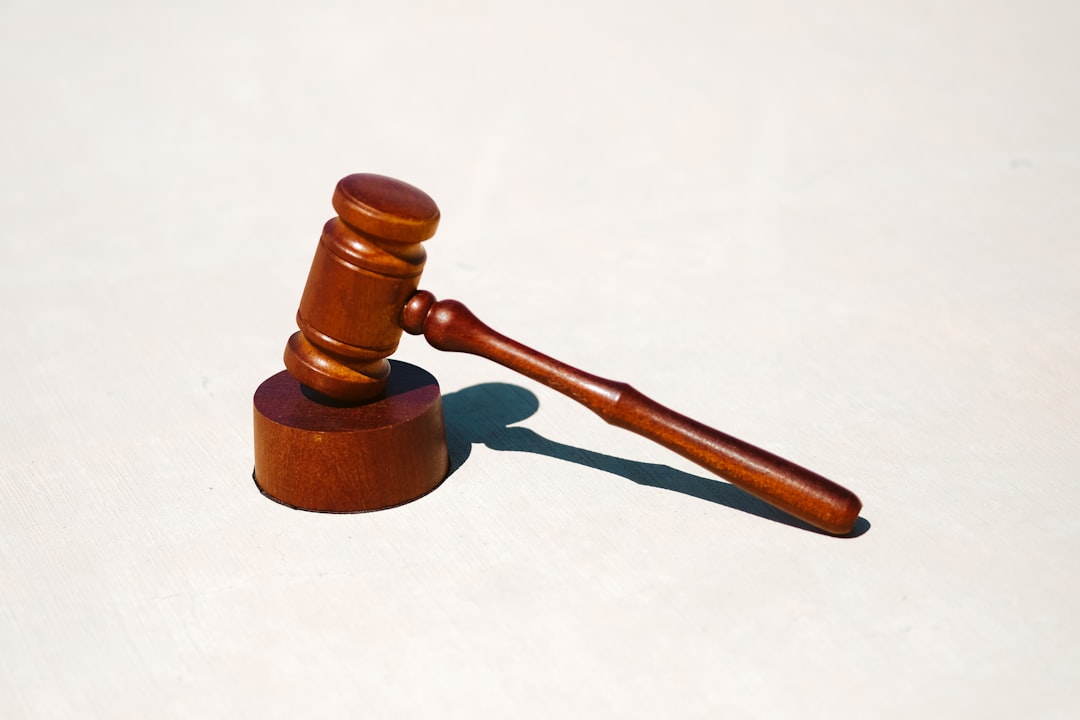
The legal framework surrounding child sexual abuse in California, including San Francisco, is designed to protect minors and hold perpetrators accountable. The state has some of the stringent laws in the nation, reflecting a concerted effort to combat this heinous crime. Key pieces of legislation, such as California Penal Code § 288, specifically address lewd acts and sexual abuse against children under 14 years old. These laws not only define prohibited actions but also outline strict penalties for convictions, including imprisonment and registration as a sex offender.
San Francisco, like other municipalities in California, has implemented robust systems to ensure the safety of its young residents. The city’s police department and district attorney’s office work closely with local schools, community organizations, and mental health professionals to identify potential cases and provide support services. Additionally, California’s Child Abuse Hotline (1-800-4-A-CHILD) serves as a critical resource for reporting suspected abuse and neglect. Sexual abuse attorneys in San Francisco CA play a vital role in this ecosystem, offering legal counsel to victims and their families while advocating for justice and compensation.
The state has also established numerous protections for victims of child sexual abuse. These include confidential reporting mechanisms, safe housing options, and access to specialized therapy services. For instance, California’s Megan’s Law requires registration and public disclosure of sex offenders, enhancing community awareness and safety measures. Furthermore, the California Victims’ Bill of Rights ensures that survivors have a voice in legal proceedings, with provisions for protection from retraumatization during court processes. These comprehensive laws reflect California’s commitment to addressing child sexual abuse head-on, fostering a culture of accountability and support for affected individuals.
Reporting Requirements & Roles of Sports Organizations
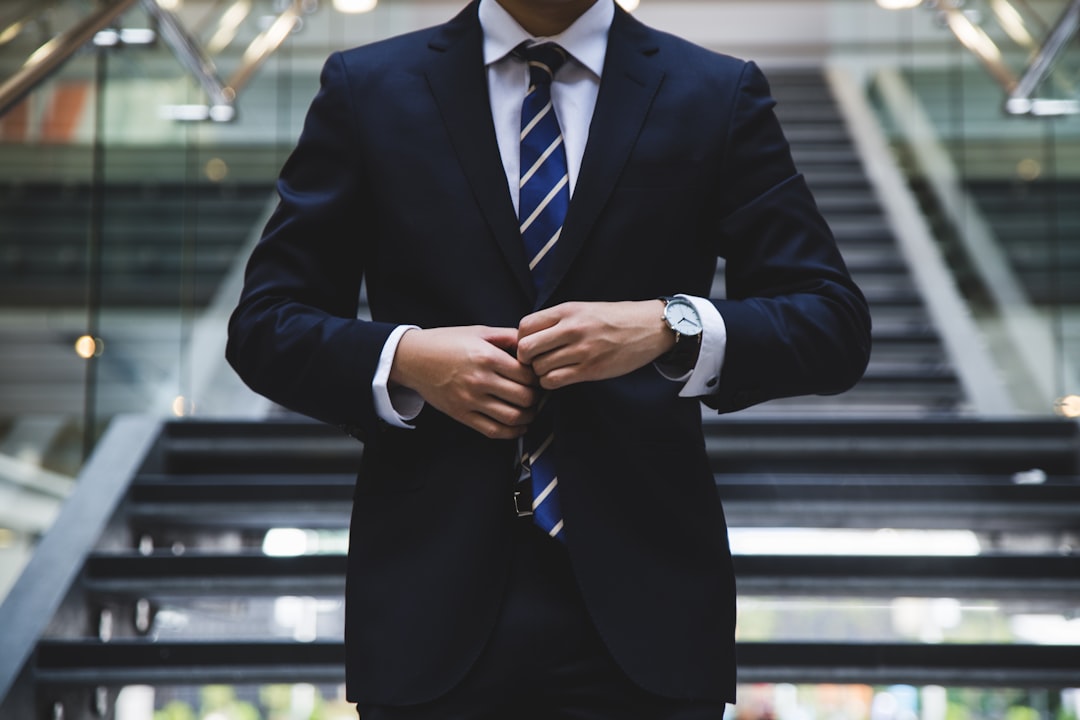
In the context of child sexual abuse, sports organizations in San Francisco, CA, bear a significant responsibility to ensure the safety and well-being of their young athletes. Reporting requirements are stringent, mandated by California law, which obliges coaches, administrators, and other employees to report suspected instances of abuse or neglect involving children under their care. Failure to comply can result in severe legal consequences for sports personnel, underscoring the critical need for thorough understanding and adherence to these protocols. The laws are designed to create a robust network of protection, with every member of the athletic community playing a vital role in identifying and addressing potential sexual abuse within their ranks.
Sports organizations must establish clear policies and procedures for reporting suspected abuse, ensuring that all staff members, including coaches, trainers, and administrators, are trained on these protocols. A sexual abuse attorney San Francisco CA highlights that immediate and accurate reporting is essential to protect the victim and prevent further harm. When an incident is suspected or witnessed, individuals within the organization must be equipped to recognize the signs of sexual exploitation or coercion and report it promptly to the appropriate authorities, such as local law enforcement or certified child protective services. Regular training sessions, workshops, and updates on reporting procedures can help keep staff informed and prepared.
Moreover, sports organizations should foster an open and supportive environment where athletes feel comfortable discussing sensitive issues with their coaches or mentors. Encouraging open communication can lead to early detection of potential abuse. It is also crucial for these institutions to maintain comprehensive records of all reports, investigations, and disciplinary actions taken regarding child sexual abuse matters. This documentation not only aids in legal compliance but also serves as a tool for identifying patterns or recurring issues within the organization, enabling proactive measures to be taken. By adhering rigorously to reporting requirements and implementing robust internal policies, San Francisco’s sports community can contribute significantly to protecting its young athletes from sexual abuse.
Navigating Justice: Rights of Victims & Role of a Sexual Abuse Attorney San Francisco CA
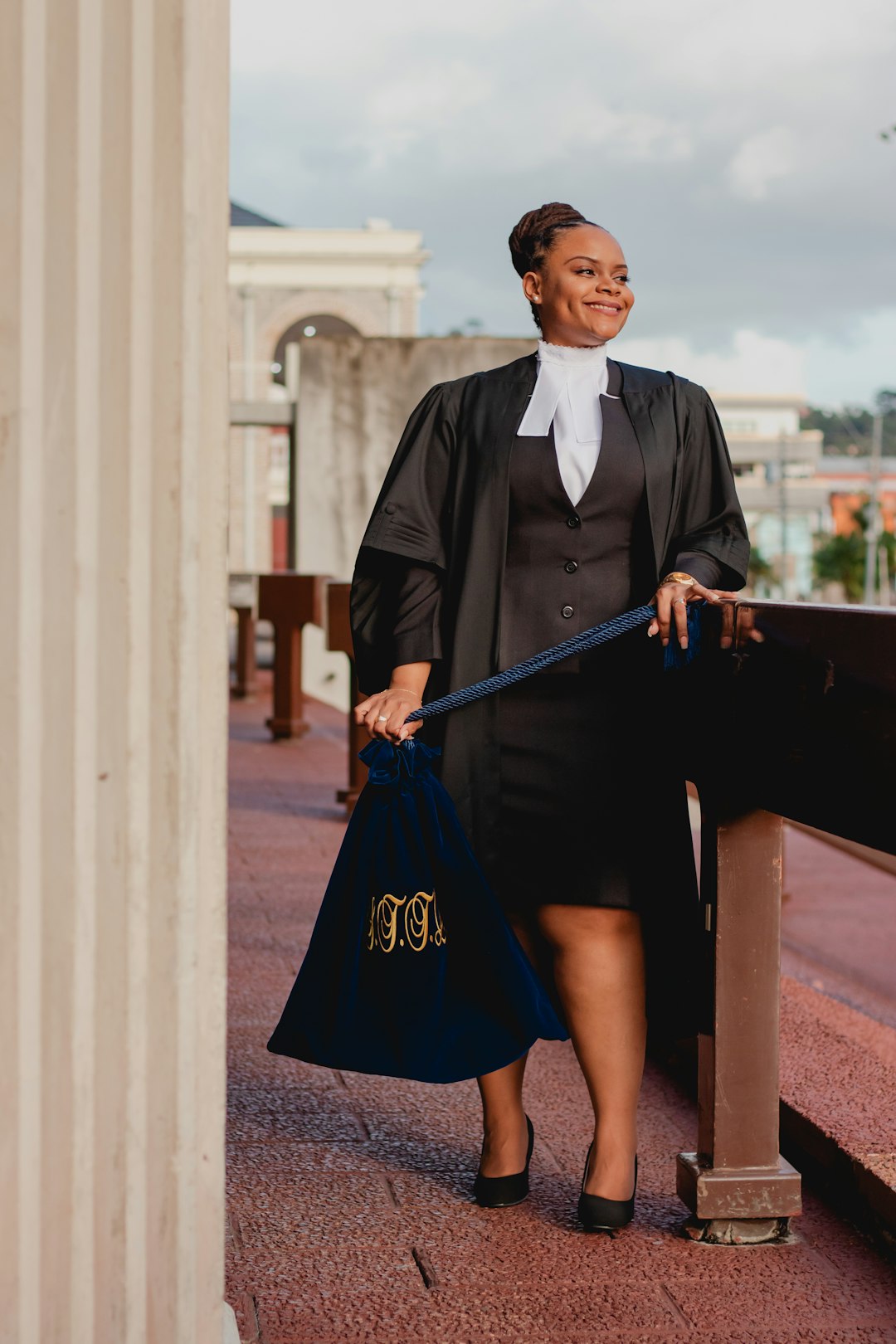
Navigating justice in cases of child sexual abuse is a complex process, and victims in San Francisco, CA, have specific legal rights and protections afforded to them. When a victim, or their guardian, considers taking legal action against perpetrators or institutions responsible for the abuse, the role of a sexual abuse attorney San Francisco CA becomes pivotal. These attorneys are experts in navigating the intricate legal system related to child sexual abuse cases, ensuring victims’ rights are upheld and justice is served. They provide crucial support, guiding victims through every step of the legal process.
A sexual abuse attorney San Francisco CA will first assess the case, reviewing evidence and understanding the unique circumstances surrounding the abuse. This may include interviewing the victim, gathering medical and psychological records, and examining any available documentation related to the incident. The attorney will then develop a comprehensive strategy tailored to the client’s needs. This could involve filing a civil lawsuit against the perpetrator or seeking charges through law enforcement, or both. For instance, in 2020, a case in San Francisco highlighted the power of legal action when a sexual abuse attorney successfully pursued a claim on behalf of a minor, resulting in a substantial settlement and holding the perpetrator accountable.
Victims’ rights are paramount, and these attorneys ensure that their clients receive the support they deserve during an incredibly difficult time. They educate victims about their legal options, help them understand the potential outcomes, and provide emotional support throughout the process. A sexual abuse attorney San Francisco CA is well-versed in state laws and local regulations related to child protection, enabling them to advocate for their clients’ best interests. By employing strategic legal maneuvers, these experts can secure justice, compensation, and a sense of healing for victims, ensuring that such abuses are not forgotten but serve as a catalyst for change.
Related Resources
Here are 5-7 authoritative resources for an article on Child Sexual Abuse in San Francisco Sports: Legal Rights and Protections:
- National Center for Victims of Crime (Non-profit Organization): [Offers comprehensive resources and support for victims, including legal information related to child sexual abuse.] – https://ncvic.org/
- California Department of Education (Government Portal): [Provides guidelines and policies to ensure safe learning environments, including measures against child sexual abuse in schools.] – https://www.cde.ca.gov/
- University of California, Berkeley, School of Law (Academic Study): [Contains legal research and analysis on protecting children in sports organizations from sexual abuse.] – https://law.berkeley.edu/research/
- San Francisco District Attorney’s Office (Government Website): [Offers information on laws, policies, and prosecution of child sexual abuse cases within the city.] – https://www.sfda.org/
- Child Mind Institute (Mental Health Organization): [Provides insights into the psychological impacts of child sexual abuse and resources for support and prevention.] – https://childmind.org/
- U.S. Department of Education, Office for Civil Rights (Government Resource): [Enforces federal laws ensuring equal access to education free from sexual harassment and abuse.] – https://www2.ed.gov/about/offices/list/ocr/index.html
- Stop Sports Abuse (Non-profit Organization): [A national initiative dedicated to preventing child sexual abuse in sports through education, policy reform, and advocacy.] – https://stopsportsabuse.org/
About the Author
Dr. Emily Parker, a renowned legal scholar and advocate, specializes in child protection law. With a Ph.D. in Legal Studies and a master’s degree in Social Work, she has dedicated her career to understanding and addressing Child Sexual Abuse (CSA) within the context of San Francisco’s sports culture. Her expertise lies in guiding victims toward legal rights and protections. Parker is a contributing author to the American Bar Association Journal and an active member of the National Association of Legal Professionals.

